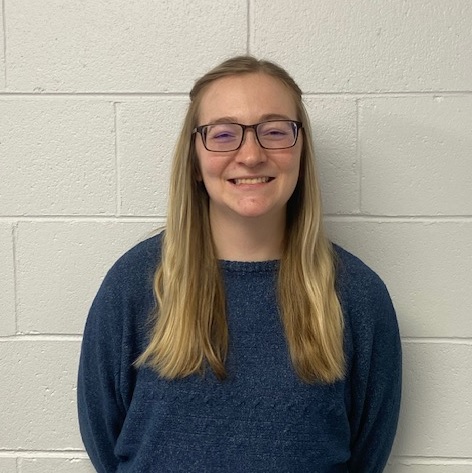Crops and Livestock
While farming is admirable as a way of life, it is also a business. Therefore, our research-based crops and livestock programs promote:
- effective production practices;
- competitive pricing;
- business management skills
- environmentally sound production practices;
- alternative agriculture businesses;
- youth education about food and fiber sources;
- successful living on a few acres.
More information on crops and livestock at the K-State Research and Extension site.
Private Certified Pesticide Applicators
Private certification may be obtained by passing an open book examination at the Doniphan County Extension Office. Contact the office in advance to ensure the office will be open and allow 2-3 hours to complete the examination. We will collect the $25 fee and mail the completed examination to KDA for grading and issuing the certification card. Private applicator certification expires on the individual's birthday in the 5th calendar year after it is issued.
We also have manuals available for sale.
Soil Testing
Development of sound nutrient management programs involves knowledge of a wide range of information. Soil test records are an important piece of required information, but other factors such as soil moisture conditions, land ownership/tenure, crop and cropping sequence, pest management, cultural practices, environmental issues, and other management items are vital for developing sound nutrient management programs.
K-State Research and Extension offers soil testing through the K-State Soil Testing Lab in Manhattan. Samples may be submitted through the local extension office. Most often, soil tests are taken in the spring before planting, or the fall after harvest.
Proper soil sampling technique
- Supplies: clean bucket or pail, soil probe (available from the extension office), clean small plastic containers or plastic bags.
- Sample each field or management area separately, and try to sample from representative sites within the field - avoid fencerows, high-traffic areas, wet or low spots, or any area that doesn't reflect the "average" of the field. Aim to take 20-30 cores total (may be smaller in small fields). Each core should not represent more than about 5-10 acres, depending on the uniformity of the field.
- Sample to the proper depth:
- 6 inches for most basic soil tests for row crops
- Split samples of 0-3 and 3-6 inches for no-till
- 4 inches for permanent sod
- 24 inches for available nitrogen, chloride, or sulphur
- 6 inches for most basic soil tests for row crops
- Combine all cores in a clean bucket, mix well, and take a subsample (about 2 cups). Store in a clean plastic container or bag. Allow the sample to dry out if it is wet and/or you will not be able to get it to the extension office promptly. Label the container with the field, date, and depth of the sample.
- Bring all samples to the extension office with this additional information:
- Field ID
- Test(s) desired
- Previous crop and intended next crop
- Yield average
- Tillage method and irrigation use
- Extension office staff will provide you with forms (or you may download and print them yourself) and help calculate the total cost. Samples my take a week or two to be analyzed, so plan in advance. Results and recommendations will be made available to you after that.
Dicamba
Starting in 2019, the new low-volatility dicamba products (Engenia, FeXapan, XtendiMax) can only be applied by a Certified Pesticide Applicator. Anyone applying the product must be certified - no more applying under the supervision of someone with certification.
An additional auxin-specific training must be completed each year. These trainings are offered by the chemical companies themselves, not Extension.
Resources Available
- Department of Agronomy: e-Updates (weekly)
AgManager (Information and Tools from the K-State Department of Agricultural Economics)
- Animal Science Newsletters

